When a current passes through a resistor, its temperature increases. Is it an adiabatic process?
Step by step video & image solution for When a current passes through a resistor, its temperature increases. Is it an adiabatic process? by Physics experts to help you in doubts & scoring excellent marks in Class 12 exams.
Updated on:21/07/2023Topper's Solved these Questions
- THERMAL AND CHEMICAL EFFECT OF ELECTRIC CURRENTBOOK - HC VERMA ENGLISHCHAPTER - THERMAL AND CHEMICAL EFFECT OF ELECTRIC CURRENTEXERCISE - Exercise
24 Videos
- THE SPECIAL THEORY OF RELATIVITYBOOK - HC VERMA ENGLISHCHAPTER - THE SPECIAL THEORY OF RELATIVITYEXERCISE - Short answer
2 Videos
- X-RaysBOOK - HC VERMA ENGLISHCHAPTER - X-RaysEXERCISE - Ques for Short Ans
10 Videos
Similar Questions
When a current passes through a resistor, its temperature increases. Is it an adiabatic process?
View SolutionWhen no current is passed through a conductor,
View SolutionCurrent through the 5Ω resistor is
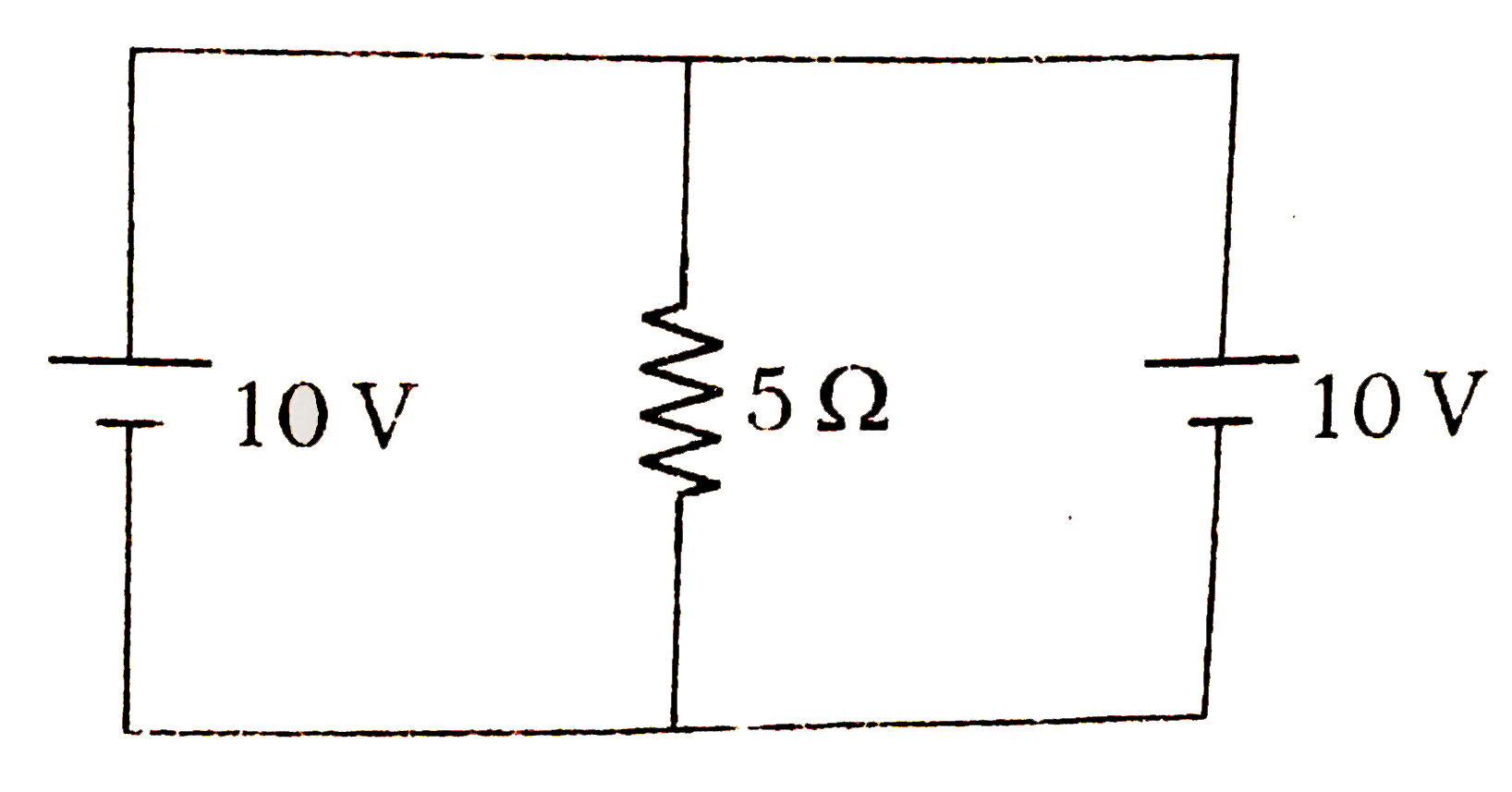
View SolutionThe current through the 5Ω resistor is
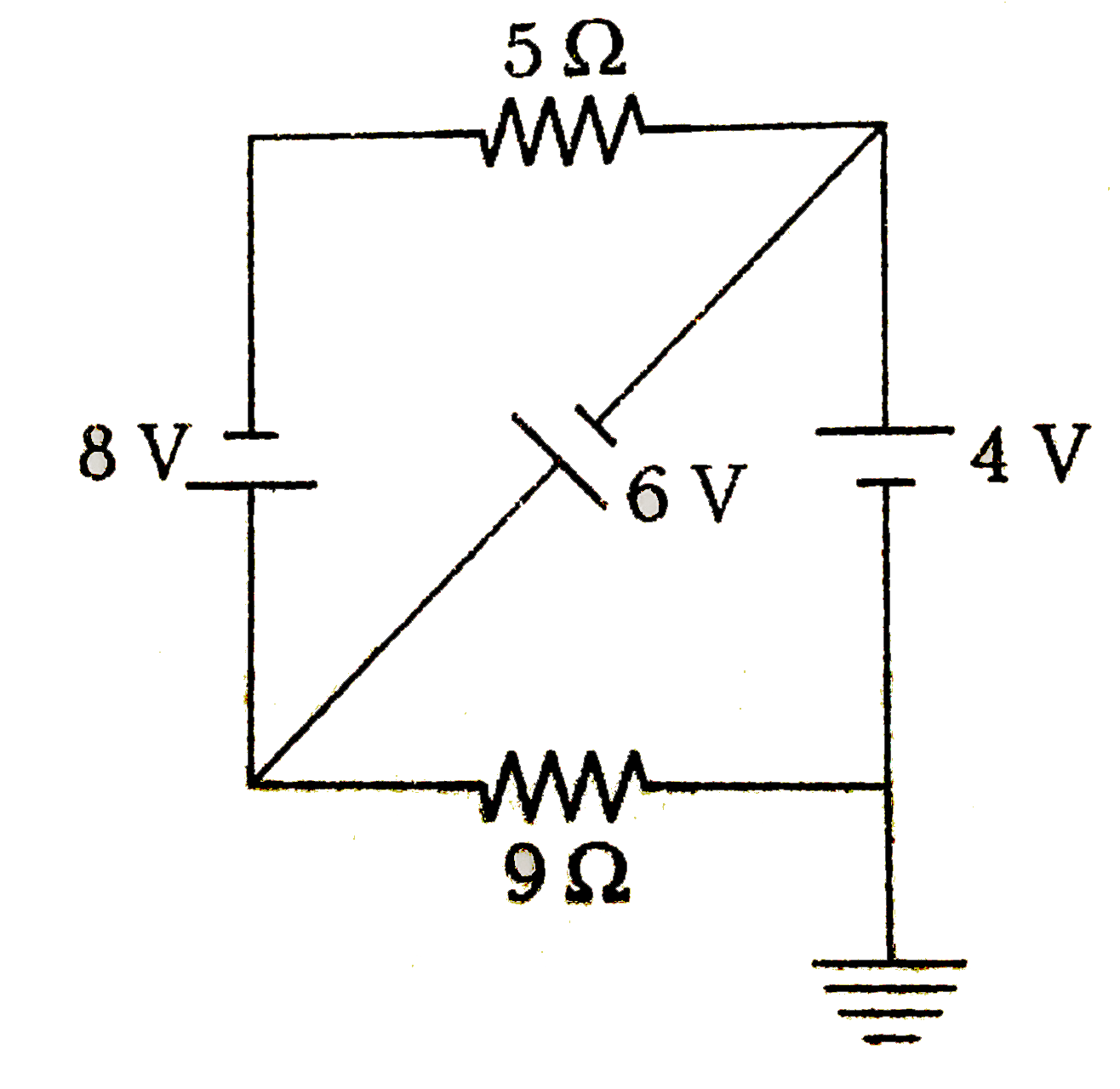
View SolutionFind the current through resistor R
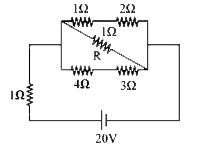
View SolutionThe value of current through 2Ω resistor is
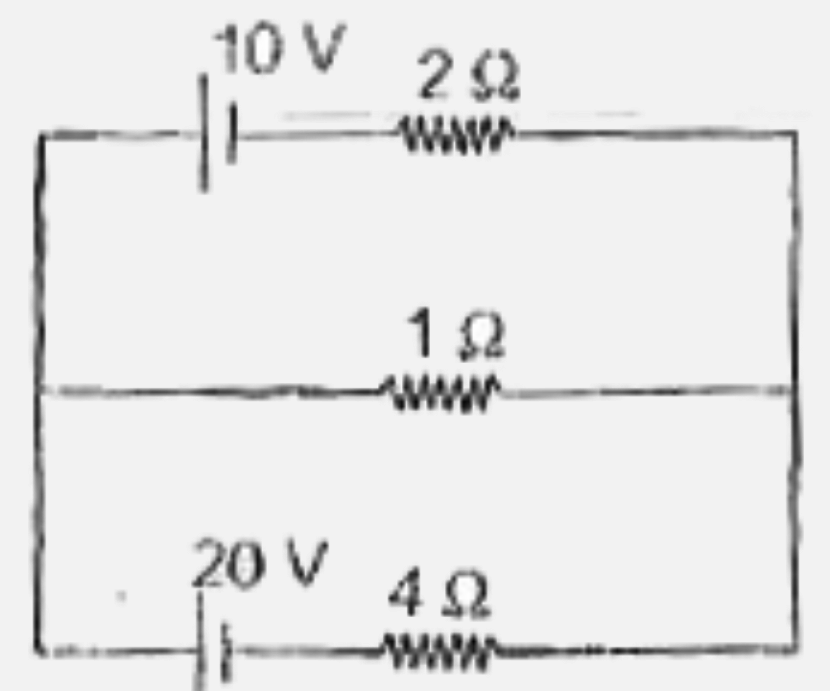
View SolutionFind the current through resistor R.
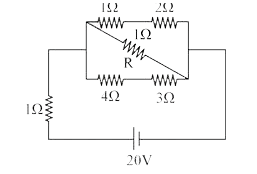
View SolutionFind the current through 12Ω resistor in

View SolutionElectric current through 400Ω resistor is :
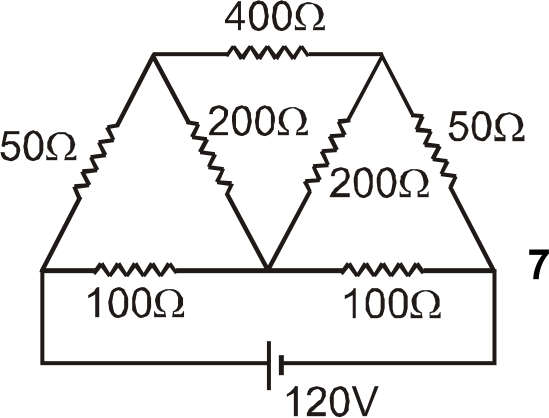
View SolutionA constant current i is passed through a resistor. Taking the temperature coefficient of resistance into account, indicate which of the plots shown in Figure best represents the rate of production of thermal energy in the resistor
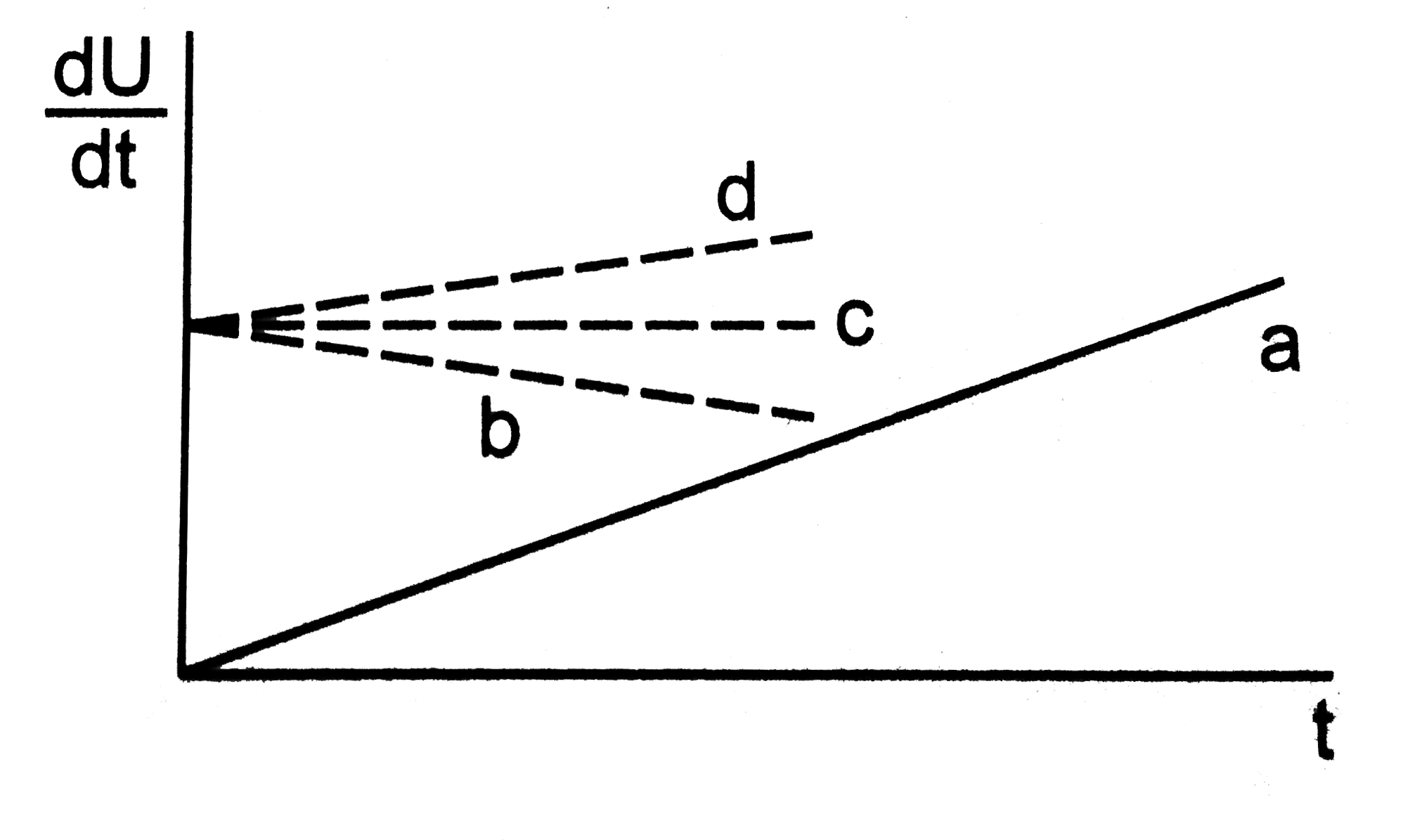
View Solution
